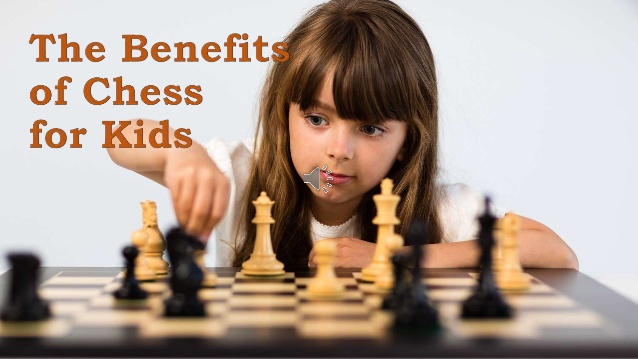The Benefits of Chess for Kids

Is your high-ability child (or student) easily bored, distracted or quick to give up on challenging tasks? Is your middle-ability child (or student) struggling to engage with higher reasoning? You may want to consider introducing them to Chess.
Many games can contribute to creating better learners and educators are adept at converting or creating games as learning activities. Chess, due to its complexity and length of games may get passed over as an in-lesson activity. However, when contracted to support a Key Stage 2 (KS2) student over the long term, for me the game of Chess has often proven to be a potent tool for developing a positive learning environment, and the student’s focus, reasoning ability and resilience.
Long before I was formally tutoring 7-11 year old children, I was introducing them to Chess as a calm, constructive and challenging play time activity. Within my practise as a tutor, I opted for it for varying reasons: to develop strategic thinking in one child; for another to provide an application for their high ability to think and reason in patterns, and to develop the same ability for a third. It is always introduced with prior agreement with the parents and as a special treat, with lots of built up anticipation about ‘the best game in the world.’
The student is gradually introduced to the pieces, their movements and the opening set up in 5-10 mins within a regular tuition session. Usually it is the starter activity and the board is moved aside with agreement to return to it if sufficient progress is made within the session. With the ready availability of Chess apps, it is easy to direct the student into self-teaching. The children I have introduced to the game have readily taught themselves in a matter of weeks, started attending a chess club at school or identified family members who enjoy playing thus developing their social engagement and inter personal skills.
The excitement of Chess as the starter activity brings the students eagerly to the learning space. The routine of setting up and making opening moves provides a space to assess the student’s readiness to learn. Starting a game entails an implicit (and sometimes explicit) agreement to observe rules. Even the method of deciding who goes first – alternate colour pawns in closed fists, the other player taps to choose – teaches them to play fairly.
Moving the board aside and offering further play as reward is highly effective for goal setting and fulfilment. I’ve always found the students to be extremely keen to achieve the success criteria which gets them X minutes or moves of Chess play.
In further play, the process of showing them the result of careless choices and allowing moves to be undone, casually teaches them to accept constructive feedback and learn from their mistakes, a key aspect of Growth Mindset.
Discussing the reasoning behind their (and your own) choices normalises the process of reflecting upon ones thinking and explaining one’s chain of reasoning. “Show your working out” for a Maths question or “Explain your reasons,” on English comprehension become less daunting tasks.
Over the course of a game (often carried over multiple sessions) they practice strategy, practice prioritising, practice carrying on despite mistakes and losses. On the rare occasion that end game is reached, they practice losing or winning with grace.
Beyond the game, the set remains a useful prop. In Maths the board can be referred to for Times Tables grids up to the eight times table, used for fractions, grids and shapes. For English the game is a fertile source of analogies for explanations and the set very useful for role playing the plots of stories, especially Shakespeare.
Upon reflection, it is my love for the game of Chess I share with my students and that is perhaps the key to its effectiveness in creating a positive learning environment. So, if you love Chess (or would love to learn to play) and need to build up focus, reasoning ability and resilience within your KS2 children (or students), you should consider introducing them to Chess.
Samea teaches various subjects across different age ranges. To book a lesson with her, or one of our other excellent tutors, please call us on 020 3198 8006, email us at he***@**************co.uk, or complete the form on the ‘Contact Us’ page.